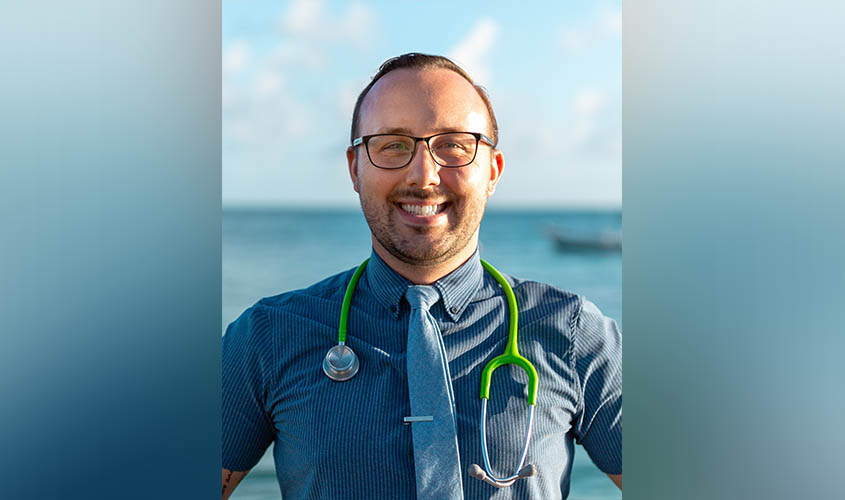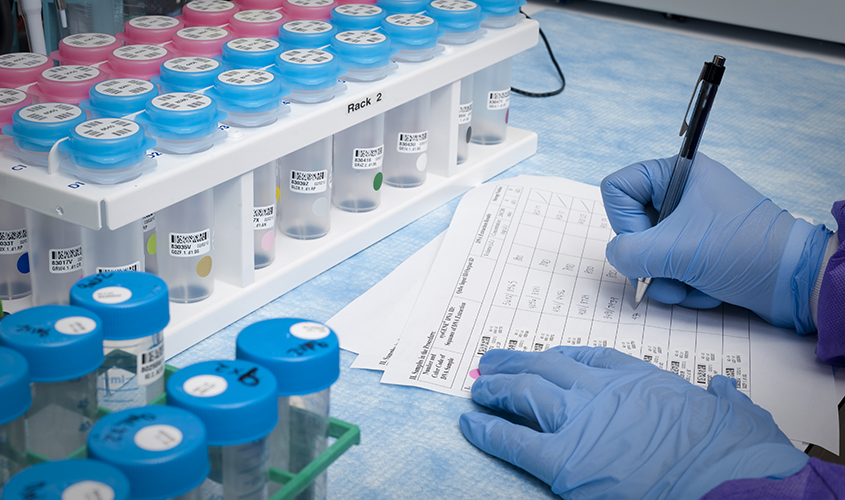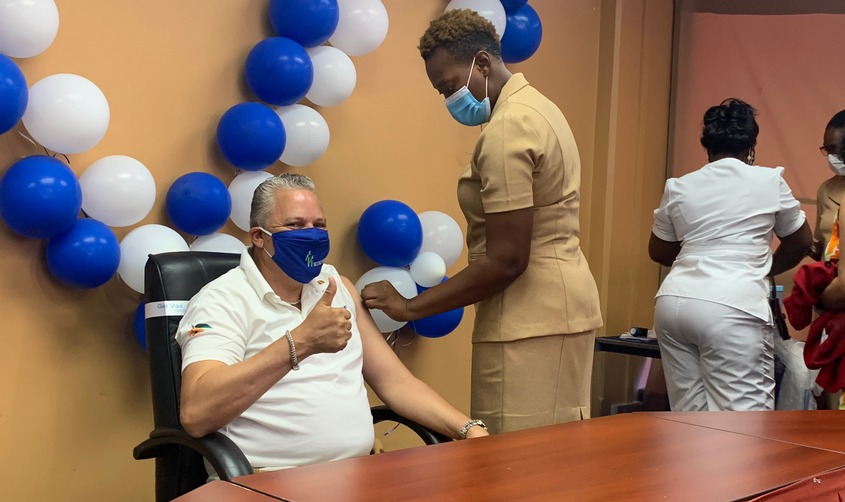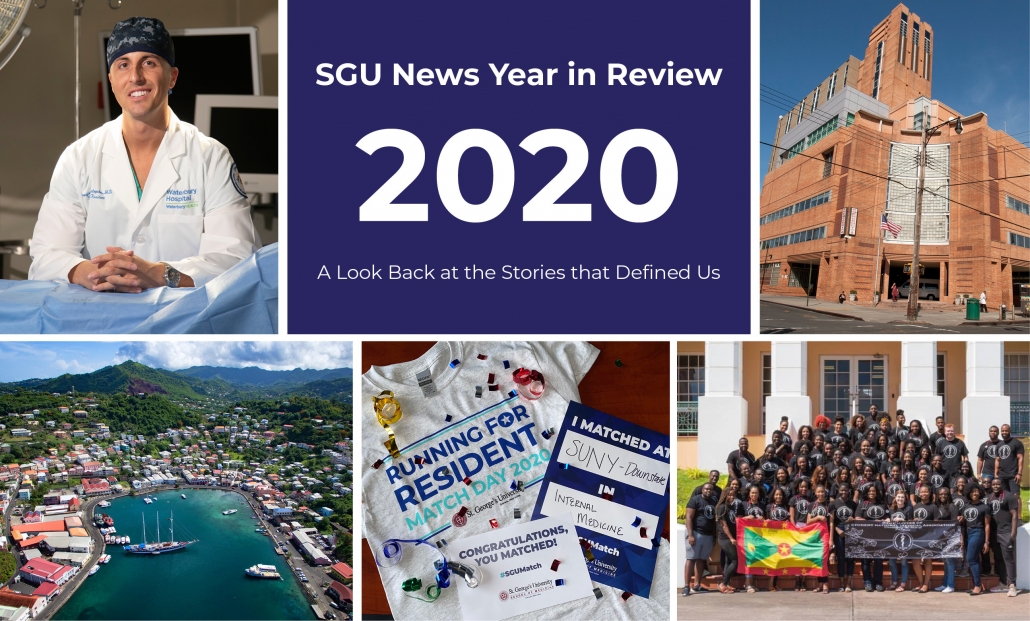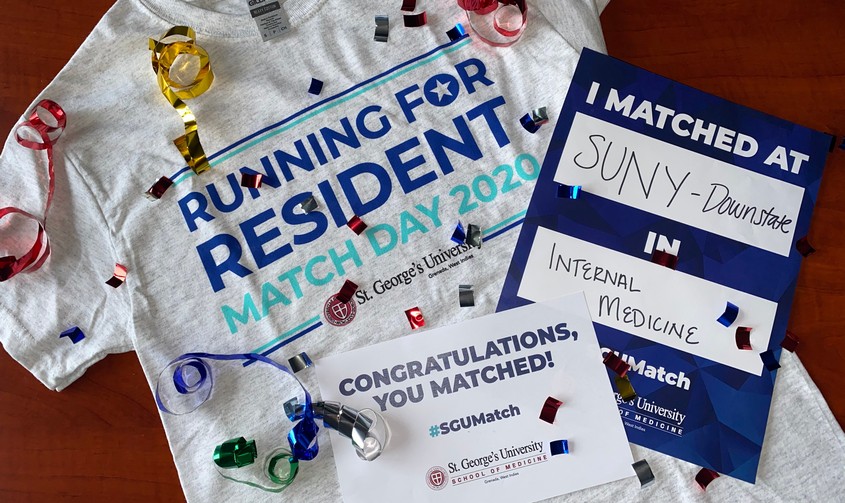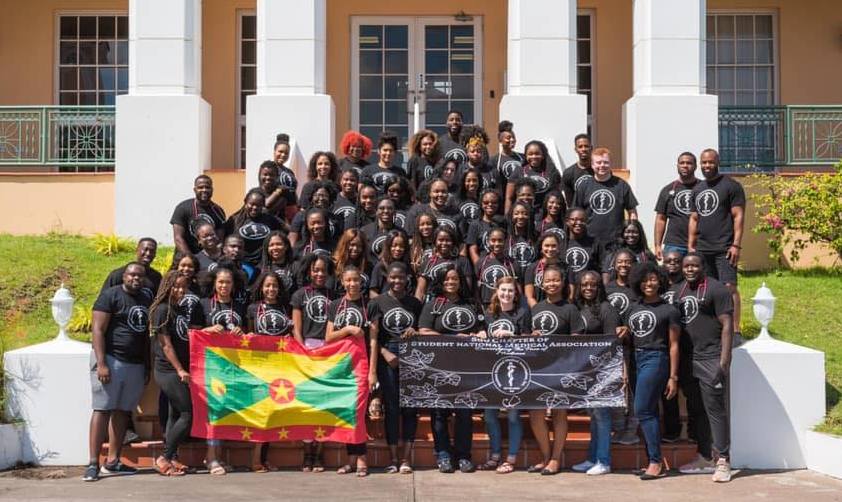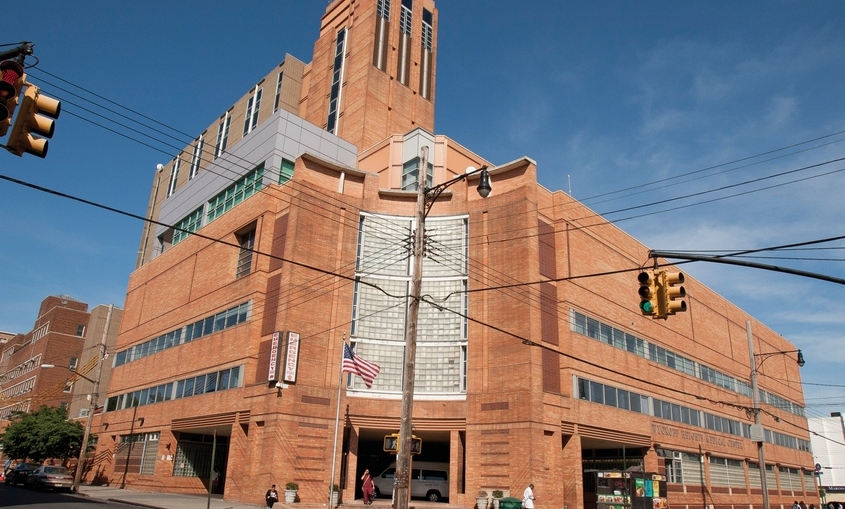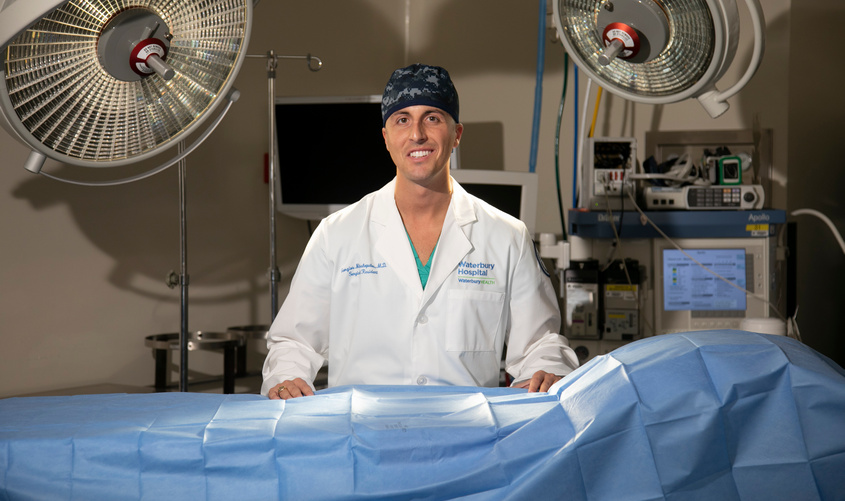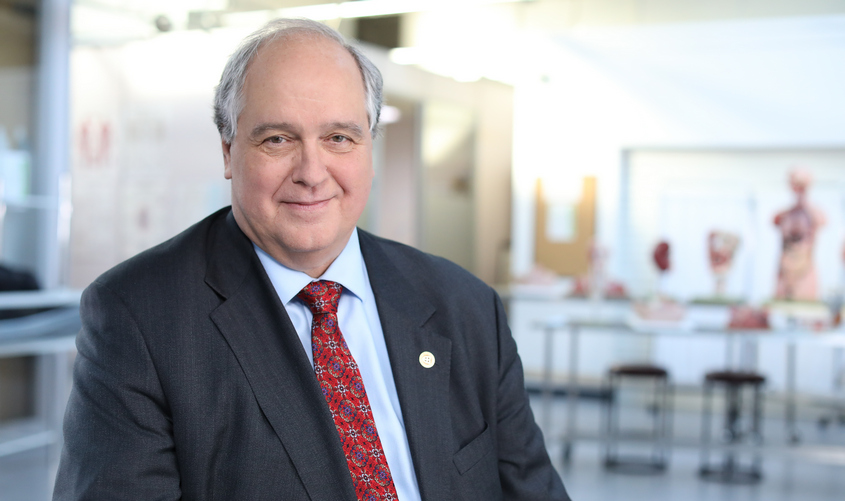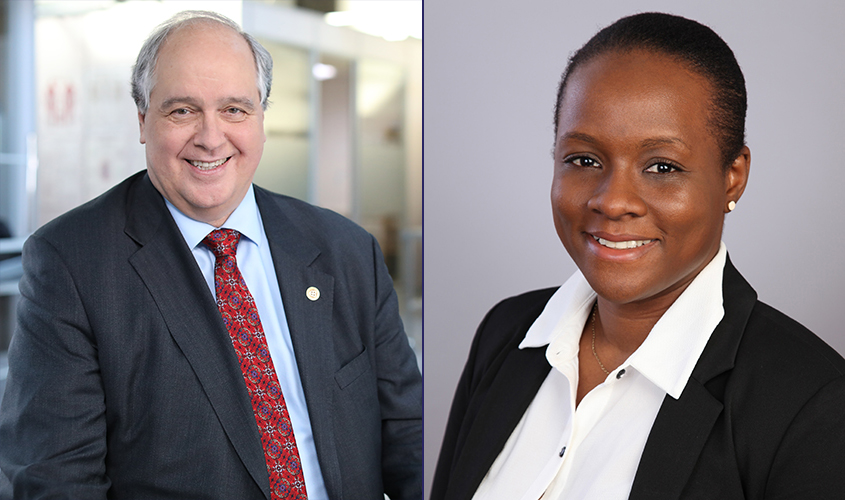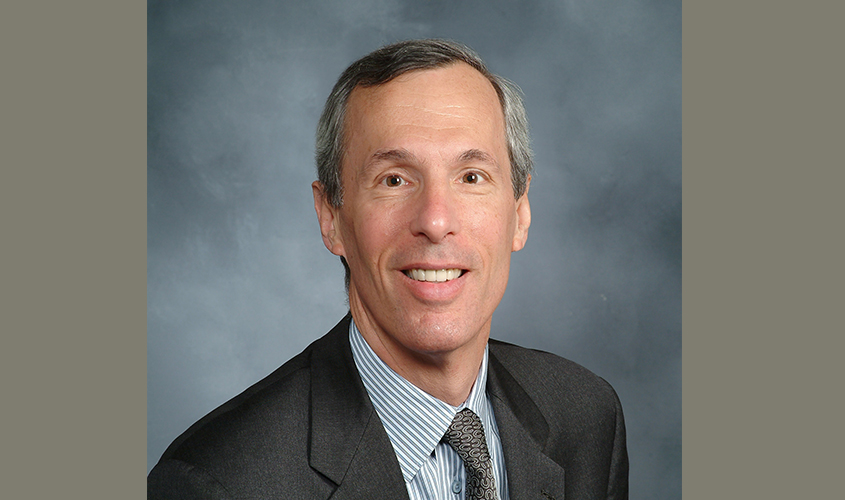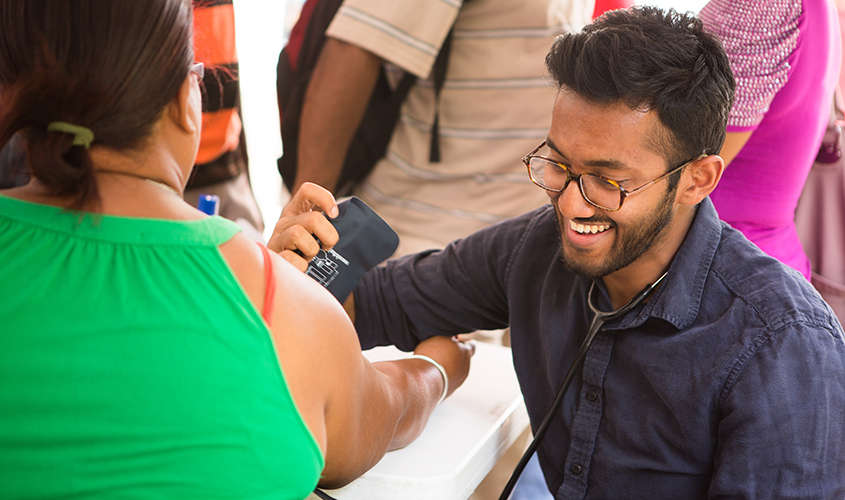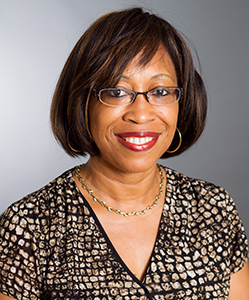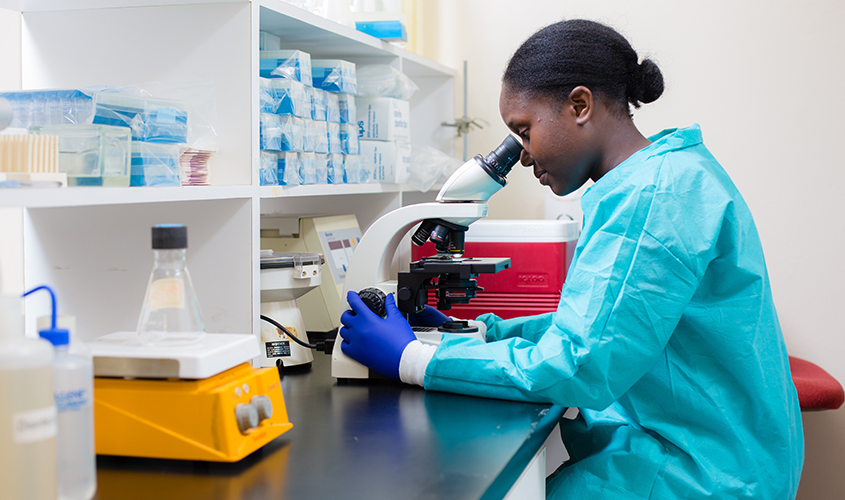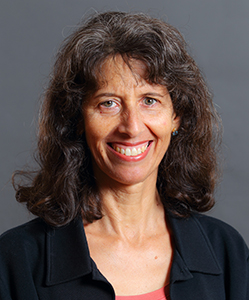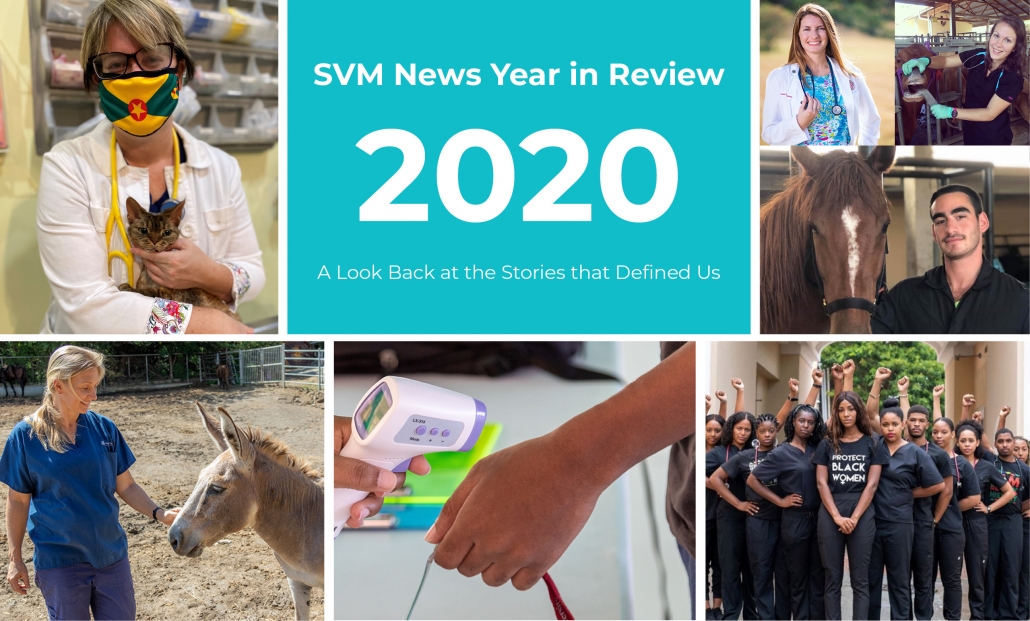
From being on the front lines of animal care during the COVID pandemic to discussions on diversity and equality within the veterinary field, St. George’s University School of Veterinary Medicine students, faculty, and alumni made their mark in 2020.
In early June, 180 SVM graduates joined the network of more than 1,900 Doctors of Veterinary Medicine making an impact through veterinary medicine around the world. Many of these graduates took the next step in their careers as aspiring veterinarians by matching into highly competitive postgraduate positions.
When it comes to the ongoing COVID pandemic, it’s not just human healthcare that has been dramatically impacted—animal medicine had its own challenges and some surprising opportunities for veterinarians, including in zoos and aquariums. In Grenada, School of Veterinary Medicine also sprung into action as the country’s national testing site at the onset of the pandemic.
It was also a year in which diversity and equality was brought to the limelight. The University had frank discussions with its entire community about the importance of listening, learning, and supporting, not only in the current climate but going forward.
These are the stories that underscore the School of Veterinary Medicine’s strengths and define us as a University as we aim to enhance student success and grow the number of animal health professionals around the world. Read on to see the top SVM news stories of 2020 on SGU.edu.
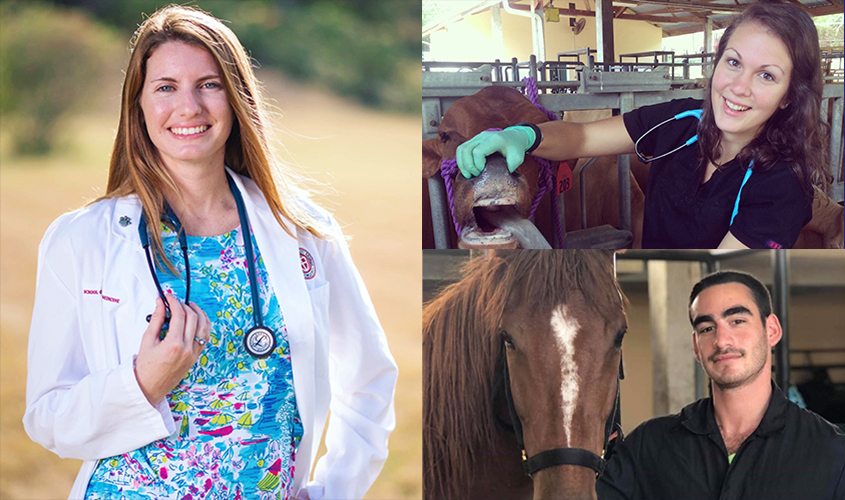
SVM Commencement 2020
The School of Veterinary Medicine celebrated its 17th annual commencement on June 6, with 180 students from nine countries and 39 US states graduating from the school. For the first time in history, the ceremony was held virtually, due to the COVID-19 pandemic.
Many SVM alums began highly competitive postgraduate positions in a variety of clinical specialty areas such as orthopedics, cardiology, ophthalmology, anesthesiology, immunology, diagnostic imaging, and pathology, matching into positions at reputable veterinary hospitals throughout the US and Canada.
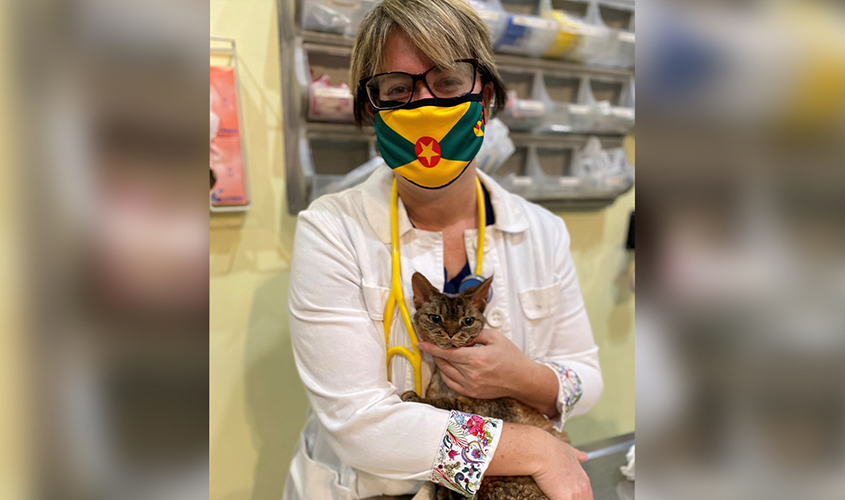
How COVID Impacted Veterinarians
It’s not just human healthcare that has been dramatically impacted as a result of the COVID pandemic—animal medicine had its own challenges and some surprising opportunities for veterinarians.
Heather Douglas, DVM ’06, for example, discussed how the disease is changing the way that small animal veterinarians treat patients and interact with pet owners.
“Initially, businesses like my own were slow when lockdowns were in place,” said Heather Douglas, DVM ’06, owner of Douglas Animal Hospital in Osseo, MN. “Then in mid- to late-April the floodgates opened. This influx was due to clients waiting to bring their pets in during lockdown, clients paying more attention to their pets while at home for extended periods so that illnesses were being detected much sooner, and people adopting new pets to decrease loneliness and feelings of isolation at home. … I’ve had to become more efficient and spend more time communicating with owners.”
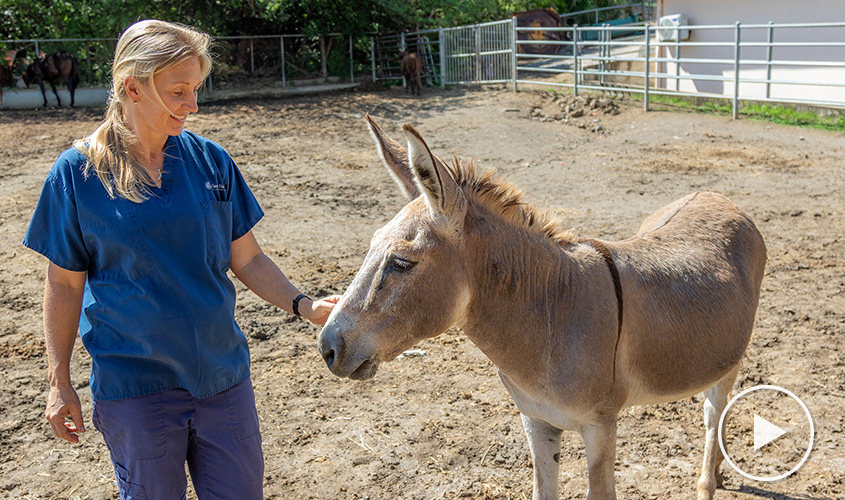
A Look Inside SVM’s Large Animal Resource Facility
SGU’s Large Animal Resource Facility (LARF) is a one-acre farm that is home to the equine and bovine teaching herds that students of the School of Veterinary Medicine use to gain crucial large animal clinical skills prior to their fourth year.
Dr. Inga Karasek, director of the Large Animal Resource Facility, was one of a handful of SGU staff who remained on the island to care for the animals during the early days of the global pandemic. In this video, she shared why the farm’s ecosystem—even while students are learning remotely—is important to studying veterinary medicine at SGU.
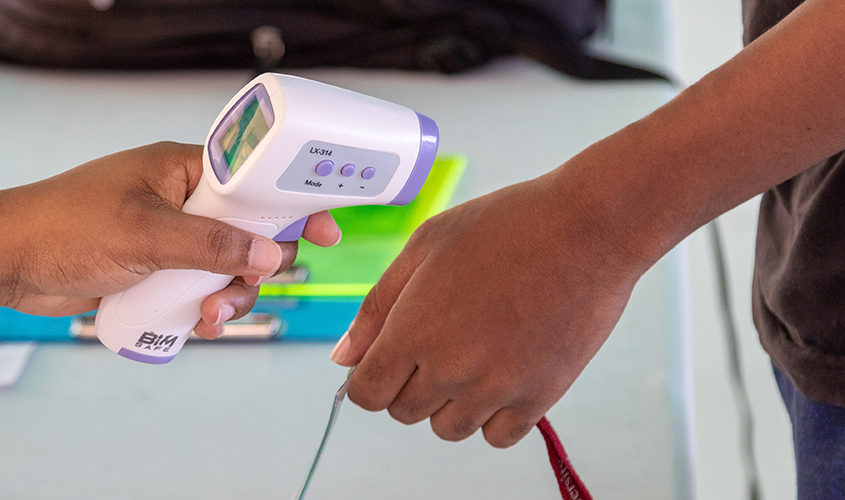
The Laboratory Personnel Behind SGU’s COVID Testing Site
Even before the coronavirus disease reached the shores of Grenada, the School of Veterinary Medicine, together with the Government of Grenada and the Pan American Health Organization (PAHO), were prepared for it. With the proper equipment and a team led by two staff members—both SGU graduates—in the SVM’s molecular virology lab, served as Grenada’s national testing site at the onset of the pandemic.
The effort facilitated testing for more than 2,000 SGU students, faculty, and staff, over 1,200 members of the Grenadian community, as well as individuals arriving in Grenada via plane or cruise ship.
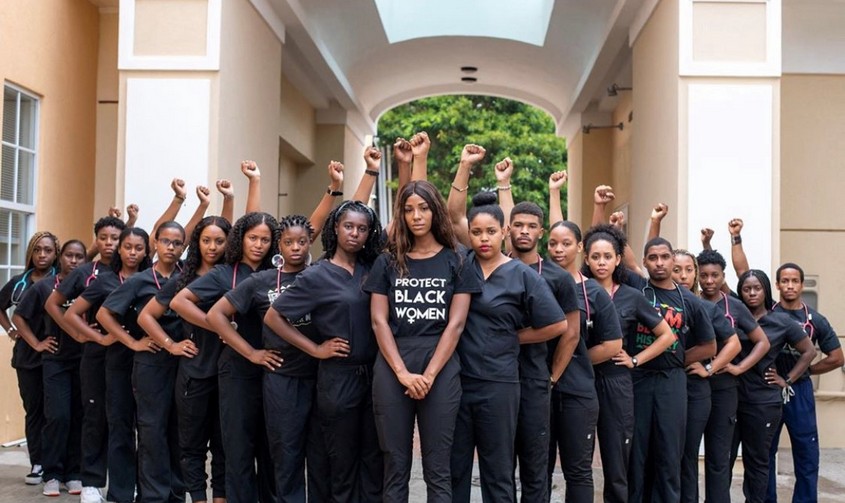
VOICE Seeks to Champion Veterinarian Diversity at The Student Level
It’s no secret that Black and Hispanic Americans are underrepresented in the veterinary profession. Veterinarians as One Inclusive Community for Empowerment, or VOICE, a national organization with student chapters across US and Caribbean veterinary schools, seeks to increase “awareness, respect, and sensitivity to differences among all individuals and communities in the field of veterinary medicine.”
VOICE SGU chapter and its current president, Antonia Nickleberry, MBA, a Term 2 student in the School of Veterinary Medicine, discussed with SGU News why diversity in the field matters and how SVM students can get involved.
“The world around is us diversifying rapidly,” Ms. Nickleberry said. “Veterinary medicine seems to have a delayed response to this diversification and therefore, those within the profession are not as aware as they should be. This can lead to major sensitivity issues between classmates and colleagues that can be avoided by educating and empowering those in this profession, starting with the students.”
